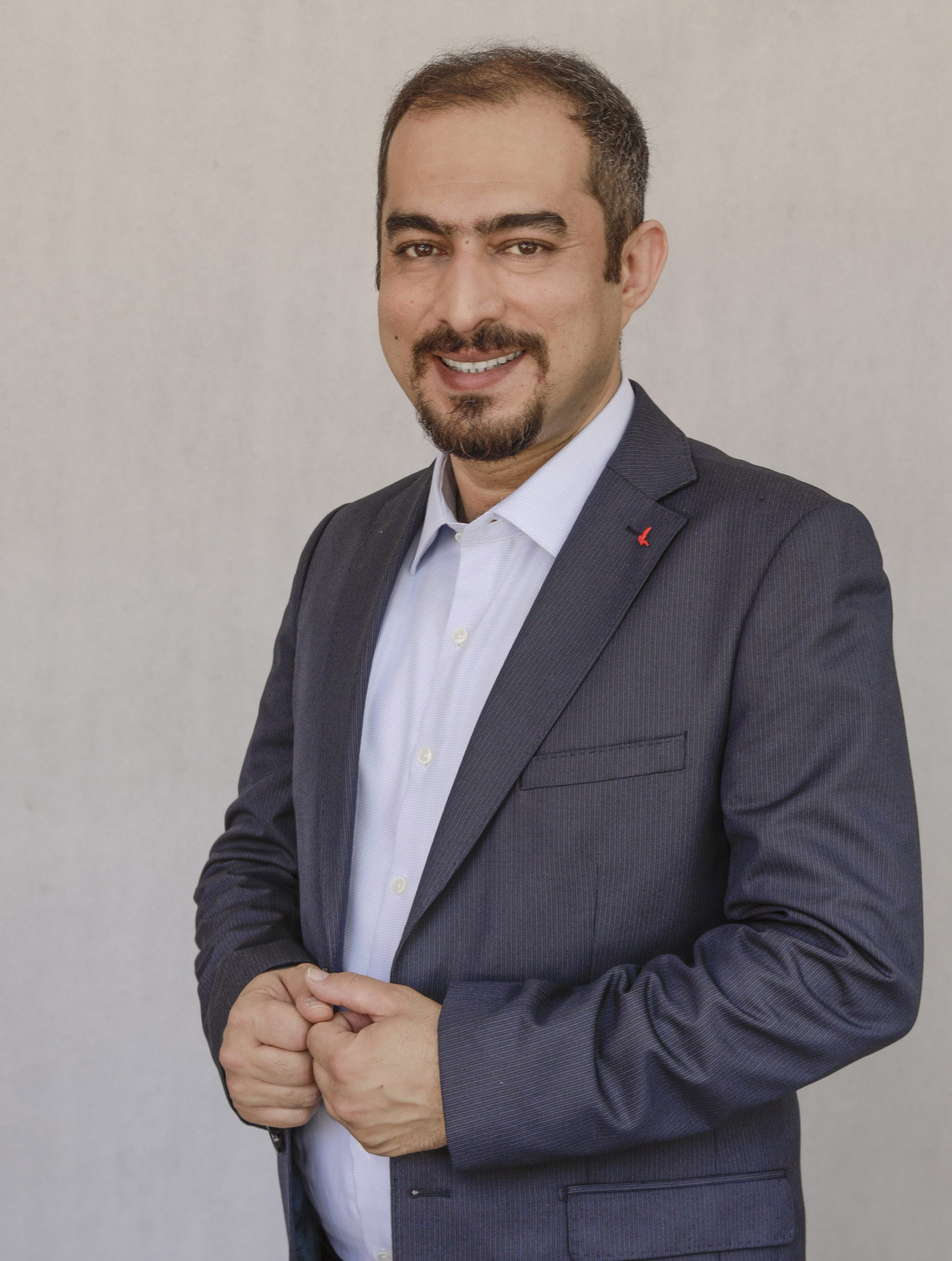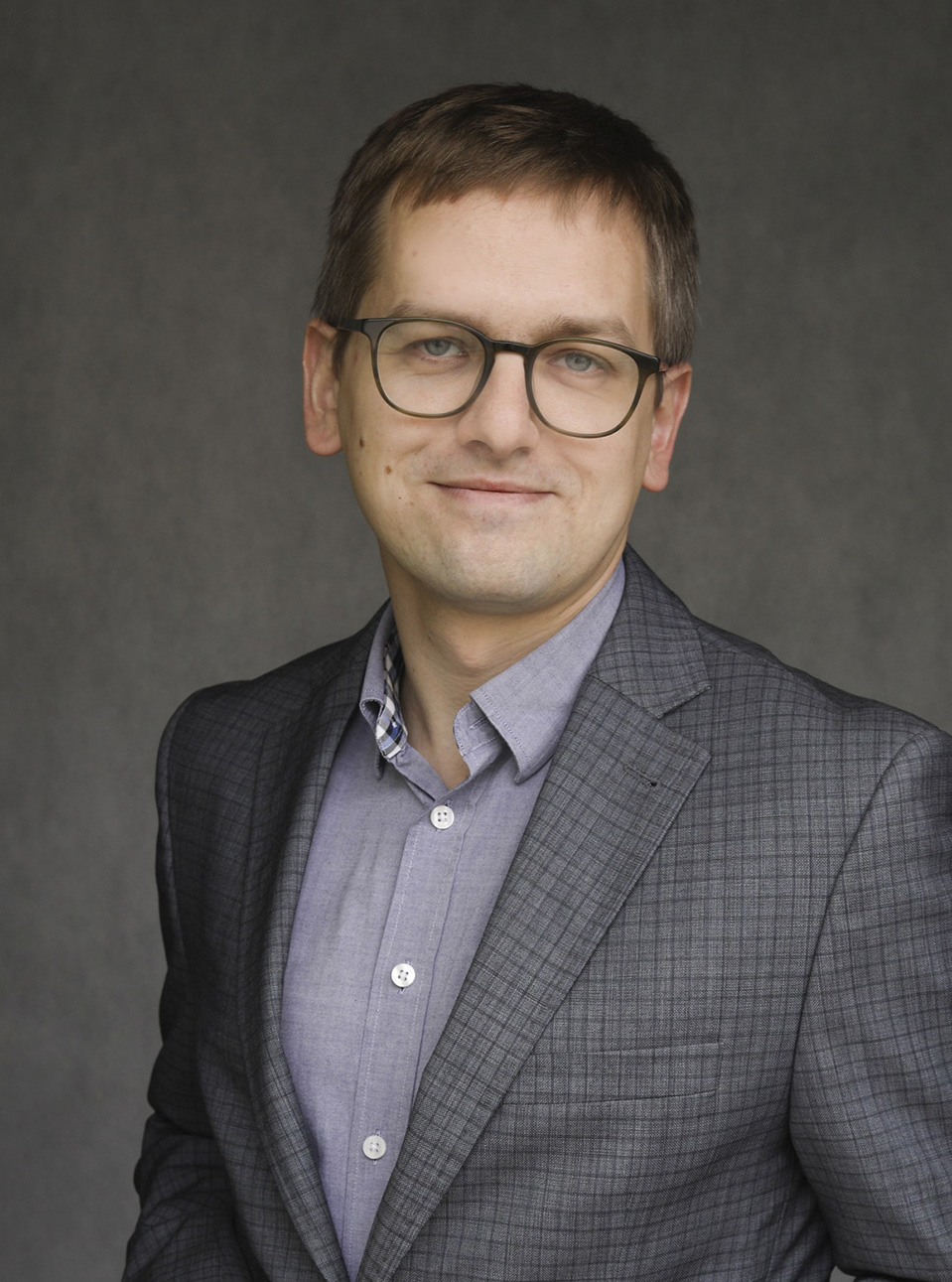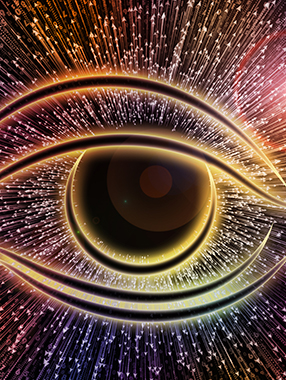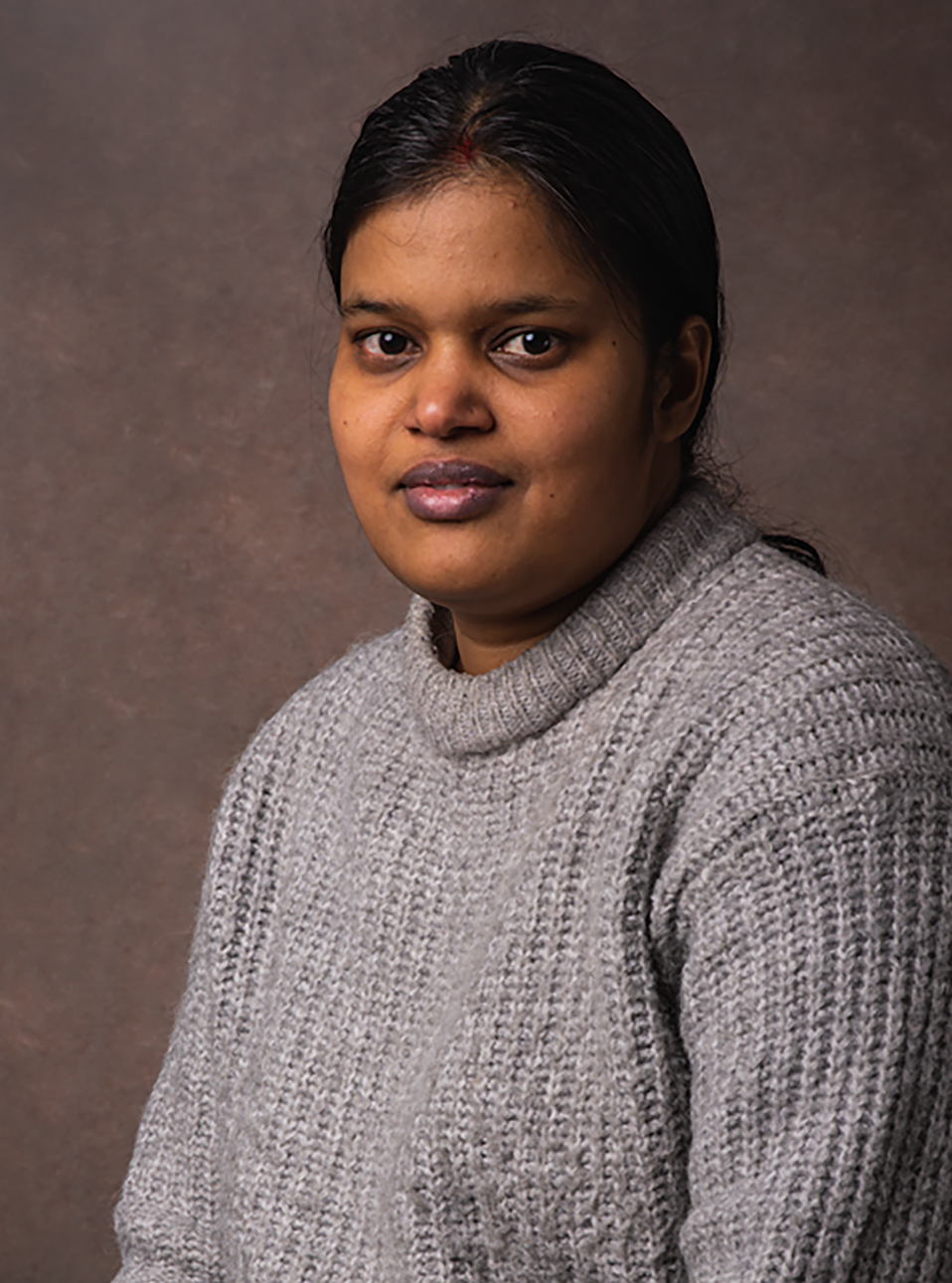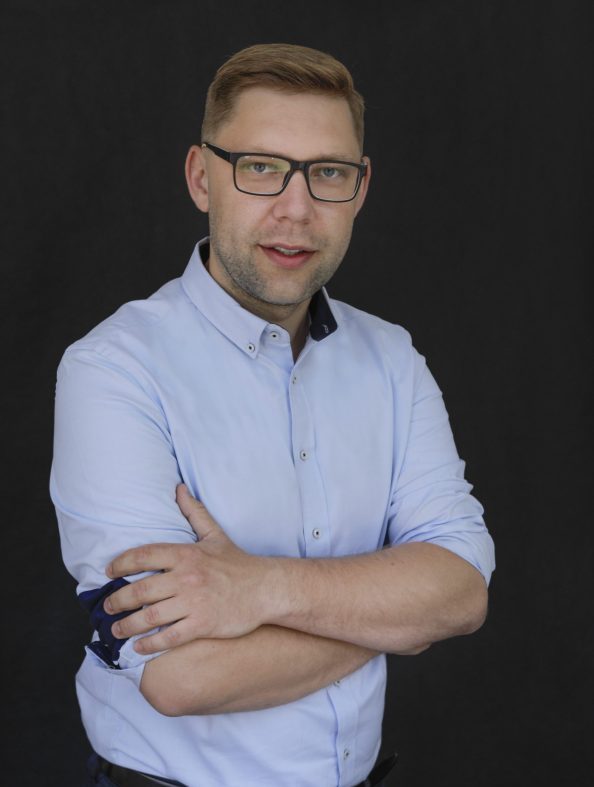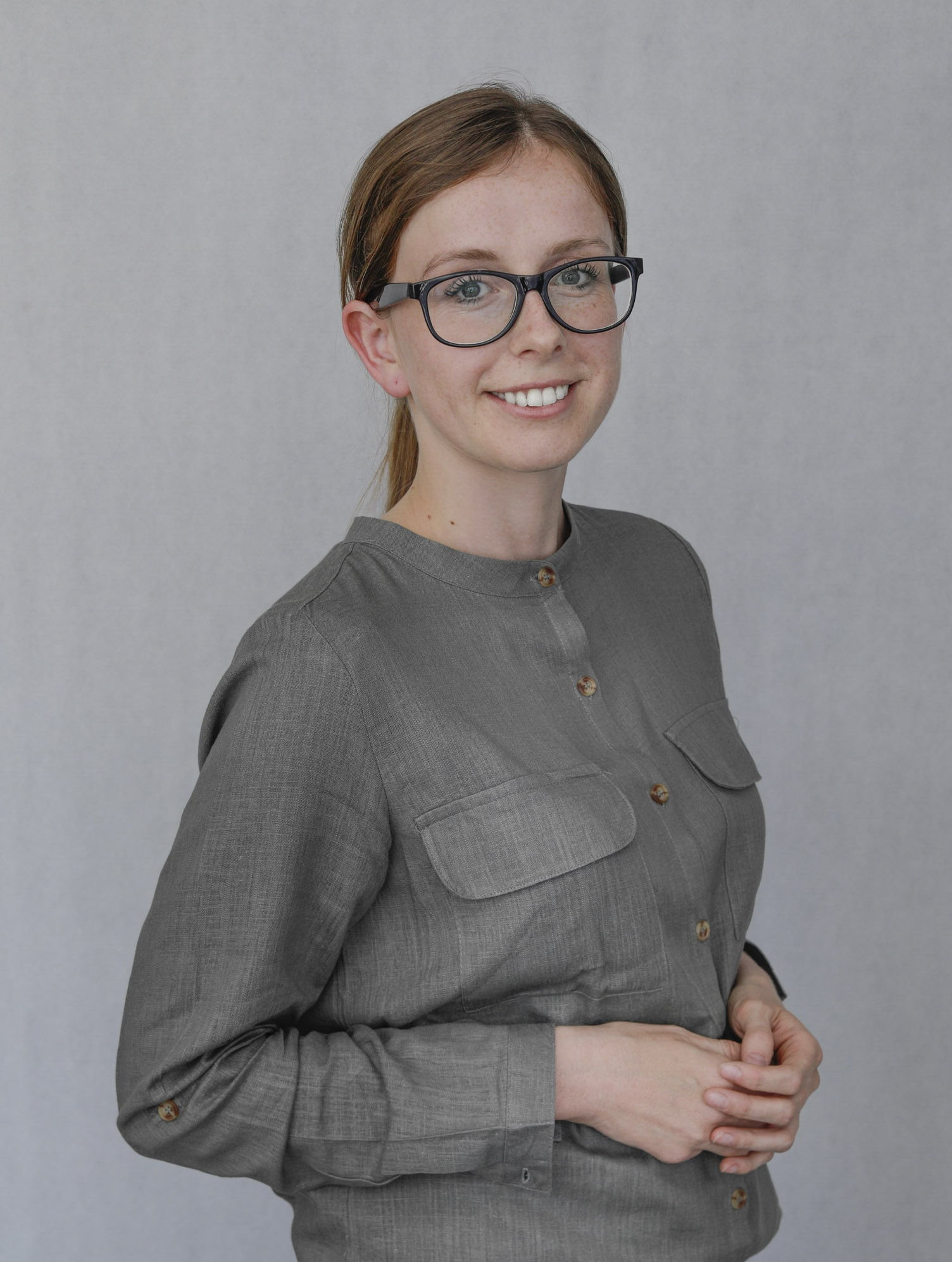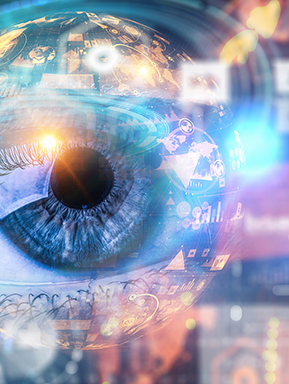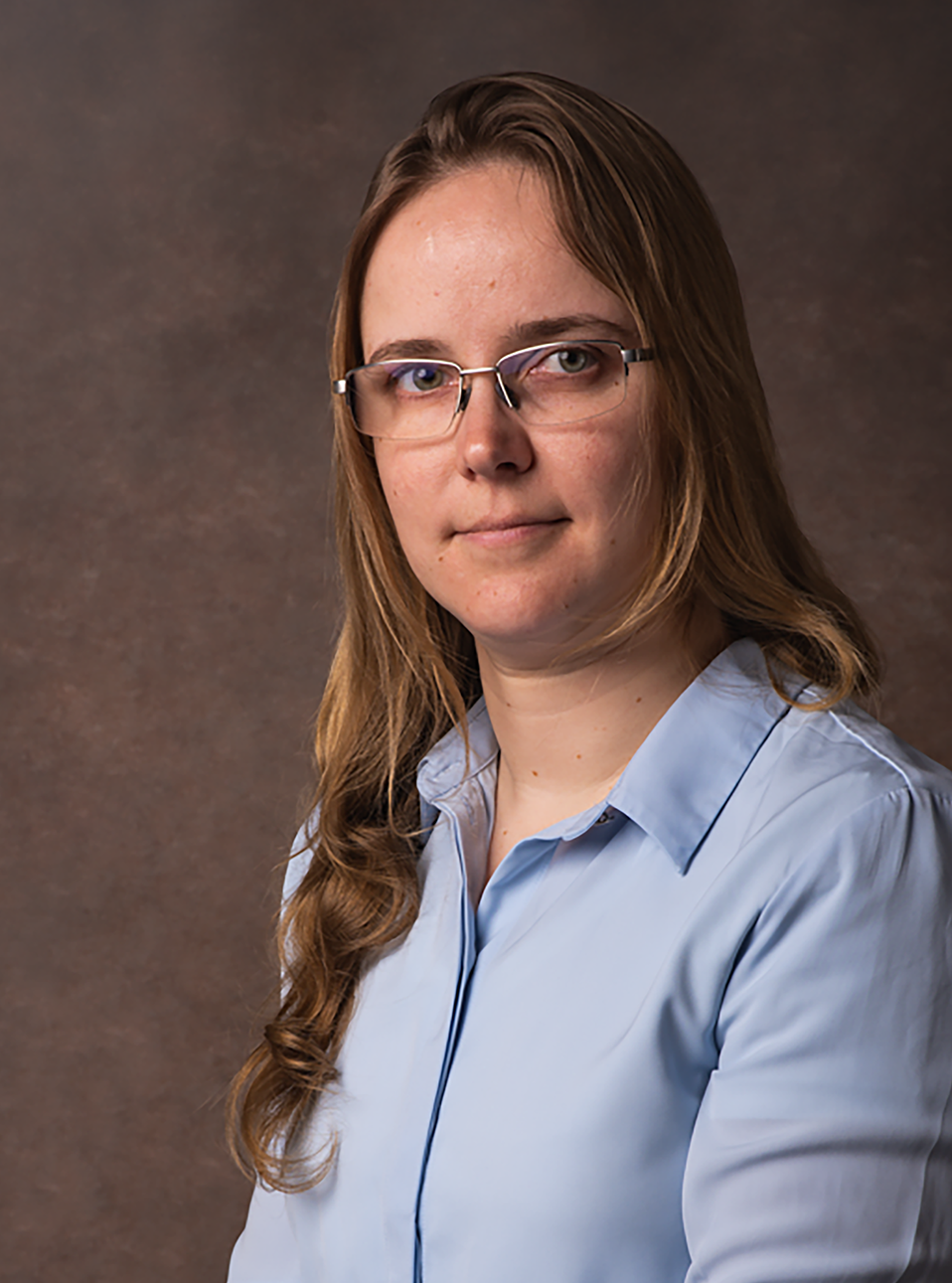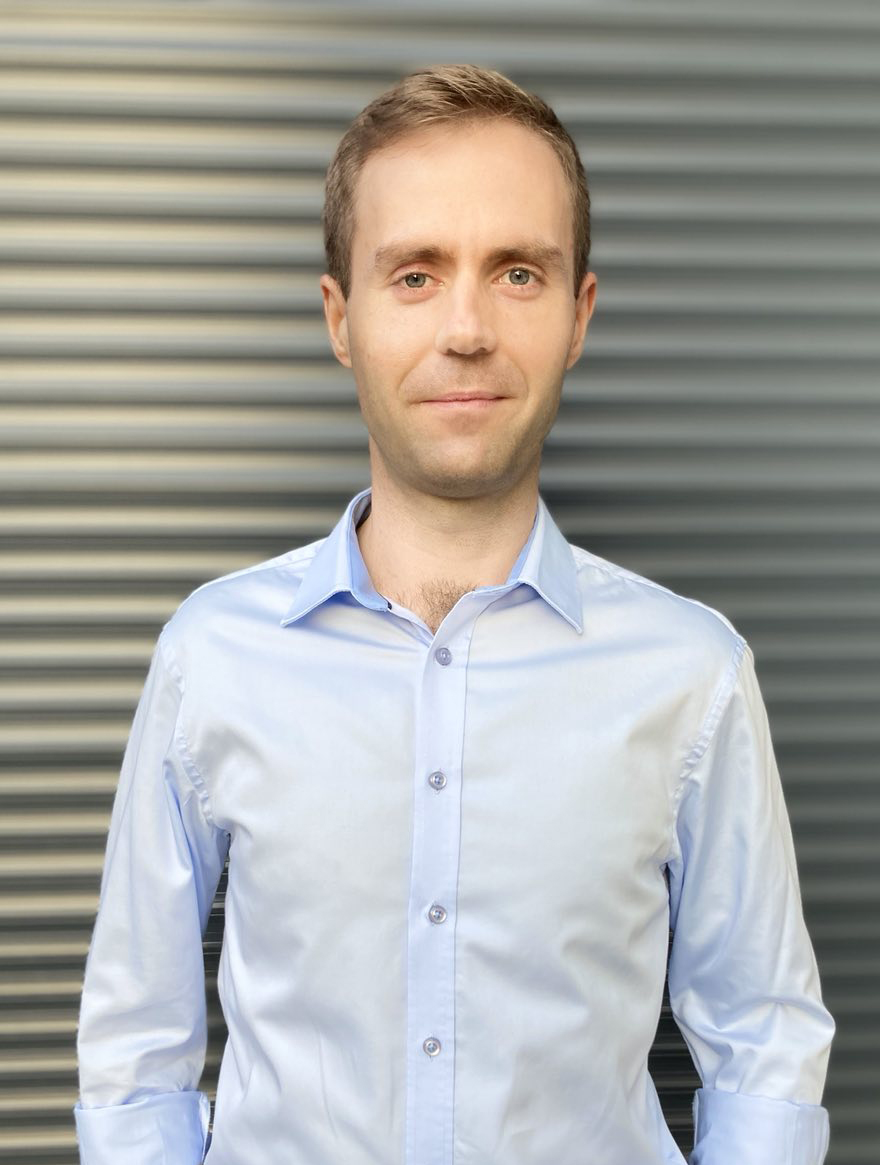Agata Kotulska’s engineering and master’s thesis was carried out in the Fiber Optics Group, and concerned the theoretical and experimental investigation of the properties of transmission parameters of optical fibers.
As a continuation of her scientific work, Ms. Agata Kotulska carried out research in the field of optical spectroscopy, at the Institute of Low Temperature and Structure Research of the Polish Academy of Sciences in Wrocław.
Ms. Agata Kotulska’s doctoral thesis, whose supervisor was Prof. Artur Bednarkiewicz, concerned the luminescence properties of nanocrystals doped with lanthanide ions. The goal of the conducted research was to understand the relationship between the composition and compositional architecture with the functionality of such nanoparticles for modern applications of luminescent labels. The thematic scope of dissertation included the characterization of the properties of Förster Resonance Energy Transfer (FRET) and Photon Avalanche (PA) phenomena. Ms. Kotulska conduct experiments related to the aforementioned phenomena, including measurements of emission spectra and luminescence lifetimes, as well as providing physical models and analysis of the spectroscopic processes studied.
Currently, Dr. Kotulska is employed in the Optical Physics and Biophotonics group (Optical Imaging team) at ICTER as a Postdoctoral Fellow.
In her free time from research, Dr. Agata Kotulska enjoys hiking in the mountains.
